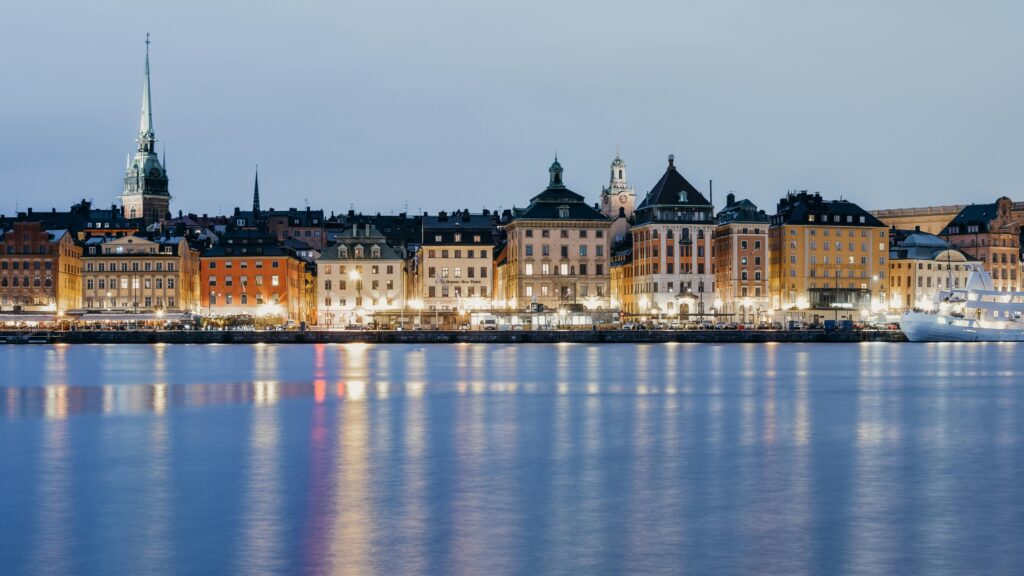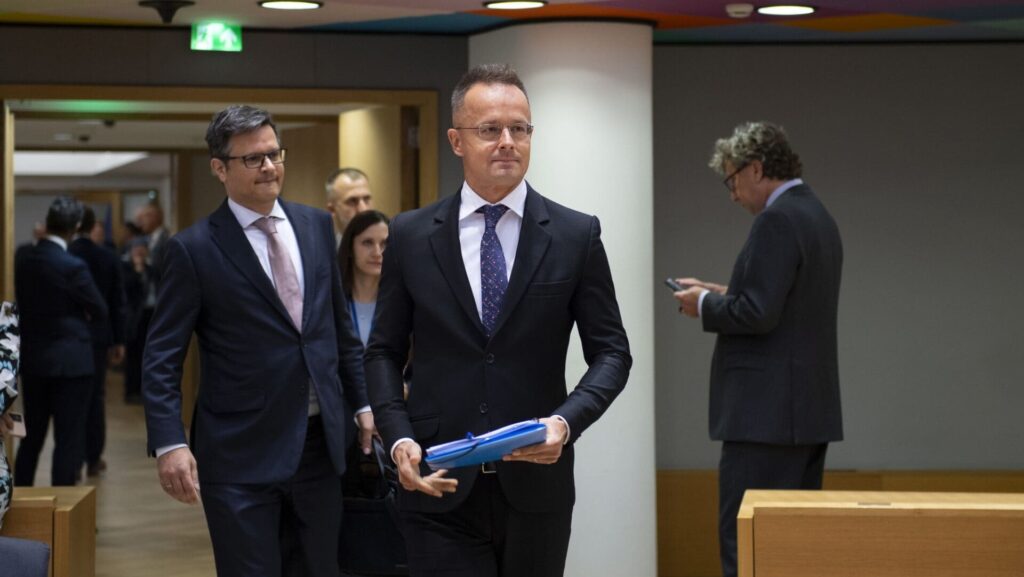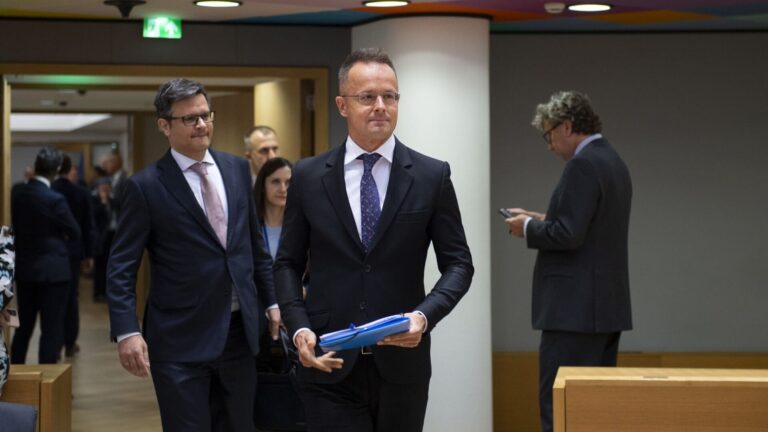Prime Minister Viktor Orbán declared on Tuesday that the era when Hungarians could simply assume everything west of the country was better has come to an end. Speaking at the inauguration of the Sipos Márton Swimming Pool in Szekszárd, he argued that although Western Europe may still be wealthier, it can no longer be said that life is safer or more secure there.
Orbán pointed to issues of migration, the erosion of Christian traditions, and what he described as the emergence of parallel societies in the West. He warned that following Brussels’s path would bring higher taxes, money funnelled to Ukraine, the loss of sovereignty, and the risk of war reaching Hungary’s borders. Instead, he said, Hungary must pursue its own national course to remain a secure island of peace.
‘Despite wars, shifting borders, and communism, the nation has endured’
The Prime Minister also invoked the tenth anniversary of the battle of Röszke, when migrants attempted to force their way into Hungary, presenting it as a reminder of the stakes involved in maintaining national security. He emphasized Hungary’s historic resilience, noting that despite wars, shifting borders, and communism, the nation has endured. ‘Yet here we are, and here we will remain,’ he said, pledging that with continued support, Hungary could once again become a strong and prosperous country.
Orbán highlighted the development projects underway in Szekszárd through the Modern Cities Programme, including the construction of the swimming pool, industrial and infrastructure investments, and job creation initiatives. He underlined that the programme allowed local communities to decide their priorities rather than being dictated by Budapest.
‘The programme allowed local communities to decide their priorities’
The new facility, named after Márton Sipos, a world-record-holding swimmer born in Szekszárd, is more than a sports venue, according to Orbán. It represents a place for community, connection, and shared activity. He praised Szekszárd as a city loved for its wine culture and respected for its literary heritage, calling it a place of strength and inspiration despite wider regional and global challenges.
Related articles:







